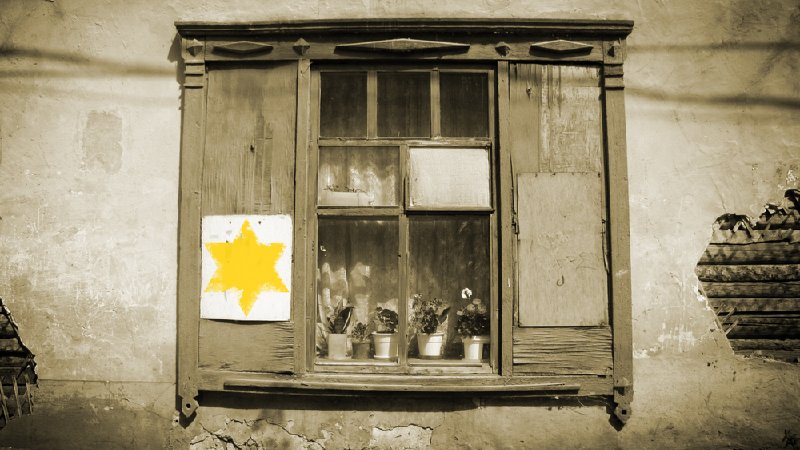
-
HOME
-
WHAT IS STANDOur Mission Our Values Our Help Contact
-
WHAT WE FIGHT FORReligious Freedom Religious Literacy Equality & Human Rights Inclusion & Respect Free Speech Responsible Journalism Corporate Accountability
-
RESOURCESExpert Studies Landmark Decisions White Papers FAQs David Miscavige Religious Freedom Resource Center Freedom of Religion & Human Rights Topic Index Priest-Penitent Privilege Islamophobia
-
HATE MONITORBiased Media Propagandists Hatemongers False Experts Hate Monitor Blog
-
NEWSROOMNews Media Watch Videos Blog
-
TAKE ACTIONCombat Hate & Discrimination Champion Freedom of Religion Demand Accountability
The Mystery of Goodness
A person can be so profoundly good it brings tears to your eyes.
A recent documentary featured on the Scientology Network, “The Rescuers,” told the story of diplomats from around the world who risked their careers and lives during the Holocaust—defying their nation’s policies, the orders of their seniors and the status quo to issue visas to usher thousands of Jews to safety who would otherwise have died in Nazi concentration camps.
One diplomat in particular, a Japanese man by the name of Chiune Sugihara, worked day and night, against the wishes of his government, to personally rescue more than 2,000 Jews. He paid for it by spending the rest of his days carrying other people’s bags as a harbor porter—a life sentence of back-breaking labor as the reward for a man with a heart of gold who deserved the world.

The film inquired about what drives such a person, what it called “the mystery of goodness”—that unbottleable quality that motivates an individual to think of others at the expense of himself, to be more worried about the life of a stranger than one’s own personal happiness, to sacrifice everything to do what is right. Such a person is very, very right. Righter, of course, than those perpetrating the horrors that make such sacrifice necessary, but also righter than many of us, too. It makes one wonder (when one hopes to answer “yes”): would I have done the same?
The film posed the counter question, too: how could humans be so cruel to one other? How could a Nazi council have met, deliberated and arrived at gas chambers and concentration camps as a “final solution” to “the Jewish problem?”
I’m not here to offer any neat answers to such fundamental questions.
I only know that to marginalize, to ignore the suffering of, to banish, to harm, to maim, to murder, is easy, if despicable. All it takes is disregard, is persuading oneself it doesn’t matter, that one’s own warped private interest—whether it stem from a misguided, manic urge to protect oneself at the expense of all others, or simply blatant broad destruction—trumps all else.
That is easy.
But goodness requires infinitely more beauty, effort and strength. It is infinitely harder, though perhaps only in the short term. For the man who spent the rest of his life as a porter slept peacefully at night, knowing he had done his work, that he had lived for a reason. That he was right.
We should all only be so lucky.









